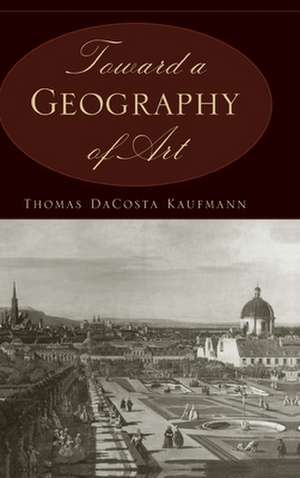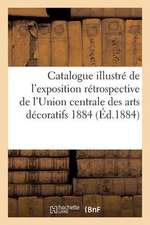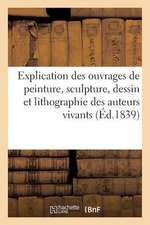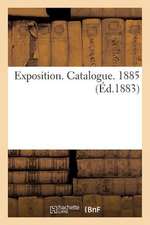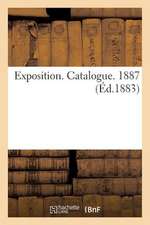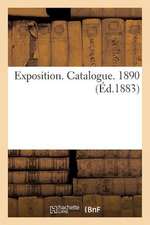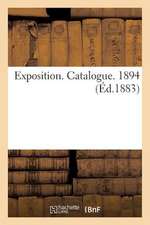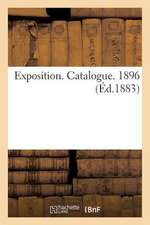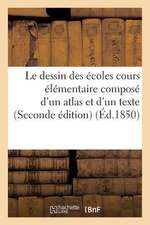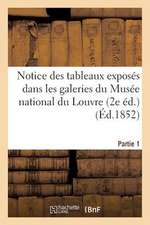Toward a Geography of Art
Autor Thomas Da Costa Kaufmannen Limba Engleză Hardback – mar 2004
Art history traditionally classifies works of art by country as well as period, but often political borders and cultural boundaries are highly complex and fluid. Questions of identity, policy, and exchange make it difficult to determine the "place" of art, and often the art itself results from these conflicts of geography and culture. Addressing an important approach to art history, Thomas DaCosta Kaufmann's book offers essays that focus on the intricacies of accounting for the geographical dimension of art history during the early modern period in Europe, Latin America, and Asia.
Toward a Geography of Art presents a historical overview of these complexities, debates contemporary concerns, and completes its exploration with a diverse collection of case studies. Employing the author's expertise in a variety of fields, the book delves into critical issues such as transculturation of indigenous traditions, mestizaje, the artistic metropolis, artistic diffusion, transfer, circulation, subversion, and center and periphery. What results is a foundational study that establishes the geography of art as a subject and forces us to reconsider assumptions about the place of art that underlie the longstanding narratives of art history.
Toward a Geography of Art presents a historical overview of these complexities, debates contemporary concerns, and completes its exploration with a diverse collection of case studies. Employing the author's expertise in a variety of fields, the book delves into critical issues such as transculturation of indigenous traditions, mestizaje, the artistic metropolis, artistic diffusion, transfer, circulation, subversion, and center and periphery. What results is a foundational study that establishes the geography of art as a subject and forces us to reconsider assumptions about the place of art that underlie the longstanding narratives of art history.
| Toate formatele și edițiile | Preț | Express |
|---|---|---|
| Paperback (1) | 253.39 lei 22-36 zile | +30.69 lei 5-11 zile |
| University of Chicago Press – 14 mar 2004 | 253.39 lei 22-36 zile | +30.69 lei 5-11 zile |
| Hardback (1) | 523.08 lei 43-57 zile | |
| University of Chicago Press – mar 2004 | 523.08 lei 43-57 zile |
Preț: 523.08 lei
Preț vechi: 679.33 lei
-23% Nou
Puncte Express: 785
Preț estimativ în valută:
100.09€ • 104.78$ • 82.82£
100.09€ • 104.78$ • 82.82£
Carte tipărită la comandă
Livrare economică 07-21 aprilie
Preluare comenzi: 021 569.72.76
Specificații
ISBN-13: 9780226133119
ISBN-10: 0226133117
Pagini: 504
Ilustrații: 91 halftones
Dimensiuni: 152 x 229 x 33 mm
Greutate: 0.76 kg
Ediția:1
Editura: University of Chicago Press
Colecția University of Chicago Press
ISBN-10: 0226133117
Pagini: 504
Ilustrații: 91 halftones
Dimensiuni: 152 x 229 x 33 mm
Greutate: 0.76 kg
Ediția:1
Editura: University of Chicago Press
Colecția University of Chicago Press
Notă biografică
Thomas DaCosta Kaufmann is a professor in the Department of Art and Archaeology at Princeton University. Among his many books are Court, Cloister, and City and The School of Prague, both published by the University of Chicago Press.
Cuprins
List of Illustrations
Acknowledgments
Introduction
PART ONE: HISTORIOGRAPHY
1. The Historiography of the Geography of Art: From Antiquity to the End of the Eighteenth Century
2. The Formulation of a Geography of Art: From the End of the Eighteenth to the Twentieth Centuries
3. From Kunstgeographie to Visual Culture: Geographical Ideas about Art from the First World War to the Present
PART TWO: EUROPE
4. Identity in Artistic Geography? Some Considerations of Early Modern Europe
5. Artistic Regions and the Problem of Artistic Metropolises: Questions of (East) Central Europe
6. Dimensions of Diffusion—The Example of Italian Sculptors and Sculpture Outside Italy (Chiefly in Central Europe): Problems of Approach, Possibilities of Reception
PART THREE: THE AMERICAS
7. An Introduction to the Artistic Geography of the Americas: The Limits of Kublers Legacy
8. Circulation East and West: Jesuit Art and Artists in Central Europe, and Central European Jesuit Artists in the Americas
9. Mastery or Mestizaje? Placing an Interpretation of the Façade of San Lorenzo, Potosí
PART 4: JAPAN: THE LIMITS OF DIFFUSIONISM
10. Designed for Desecration: Fumi-e and European Art
Instead of a Conclusion: Toward a Geography of Art
Notes
Index
Acknowledgments
Introduction
PART ONE: HISTORIOGRAPHY
1. The Historiography of the Geography of Art: From Antiquity to the End of the Eighteenth Century
2. The Formulation of a Geography of Art: From the End of the Eighteenth to the Twentieth Centuries
3. From Kunstgeographie to Visual Culture: Geographical Ideas about Art from the First World War to the Present
PART TWO: EUROPE
4. Identity in Artistic Geography? Some Considerations of Early Modern Europe
5. Artistic Regions and the Problem of Artistic Metropolises: Questions of (East) Central Europe
6. Dimensions of Diffusion—The Example of Italian Sculptors and Sculpture Outside Italy (Chiefly in Central Europe): Problems of Approach, Possibilities of Reception
PART THREE: THE AMERICAS
7. An Introduction to the Artistic Geography of the Americas: The Limits of Kublers Legacy
8. Circulation East and West: Jesuit Art and Artists in Central Europe, and Central European Jesuit Artists in the Americas
9. Mastery or Mestizaje? Placing an Interpretation of the Façade of San Lorenzo, Potosí
PART 4: JAPAN: THE LIMITS OF DIFFUSIONISM
10. Designed for Desecration: Fumi-e and European Art
Instead of a Conclusion: Toward a Geography of Art
Notes
Index
Recenzii
"Intellectually stimulating."
"Toward a Geography of Art is an timely, erudite, and intensely stimulating book, which is sure to have a considerable impact on the study of art history; it will be widely read."
"Kaufmann's book, like Corbusier's [Vers une architecture], reveals possible steps along pathways whose pursuit may transform future ways of seeing. . . . Kaufmann's consideration of center and periphery, of transformation through diffusion, and, especially, of the historiography of the concept of Kunstgeographie reveal tremendous historical and geographic breadth. Toward a Geography of Art merits the attention of current and future generations of scholars."
"Kaufmann shows how the previous debates on geography of art can still be accurate and fertile today. . . . Toward a Geography of Art should enliven interest in a field of study that has been commonly overlooked in North American institutions."
"Kaufmann has written a definitive work on the geography of art, intending to heighten interest in this approach among art historians. . . . It is a book that can transform attitudes."
"An enlightening study of the consequences that arise in associating art with specific location. . . . Toward a Geography of Art impressively exposes the advantages and pitfalls to thinking about art in terms of place, still one of our preeminent categories for classifying cultural products."
"Essential reading for anyone interested in the increasingly important topics of geography and the spatial aspects of art."
